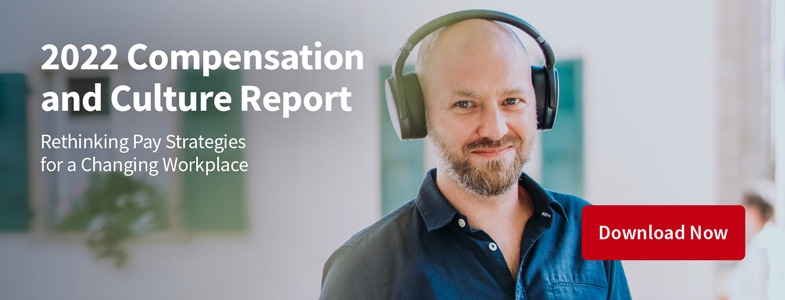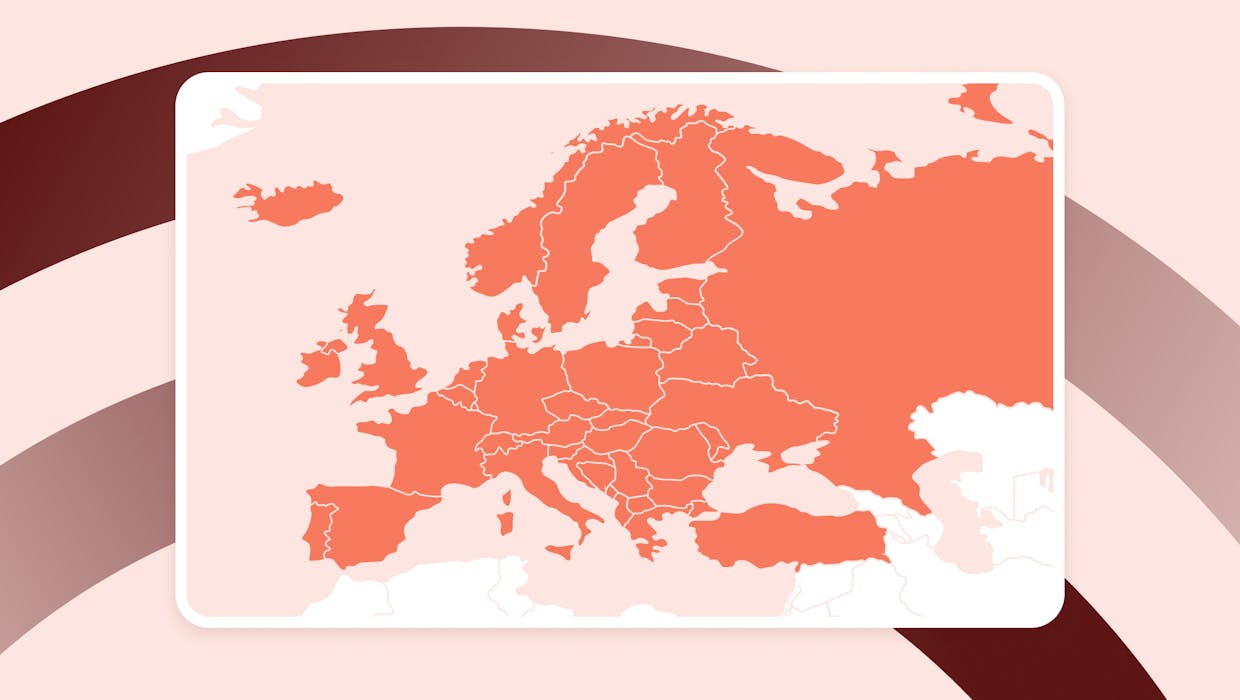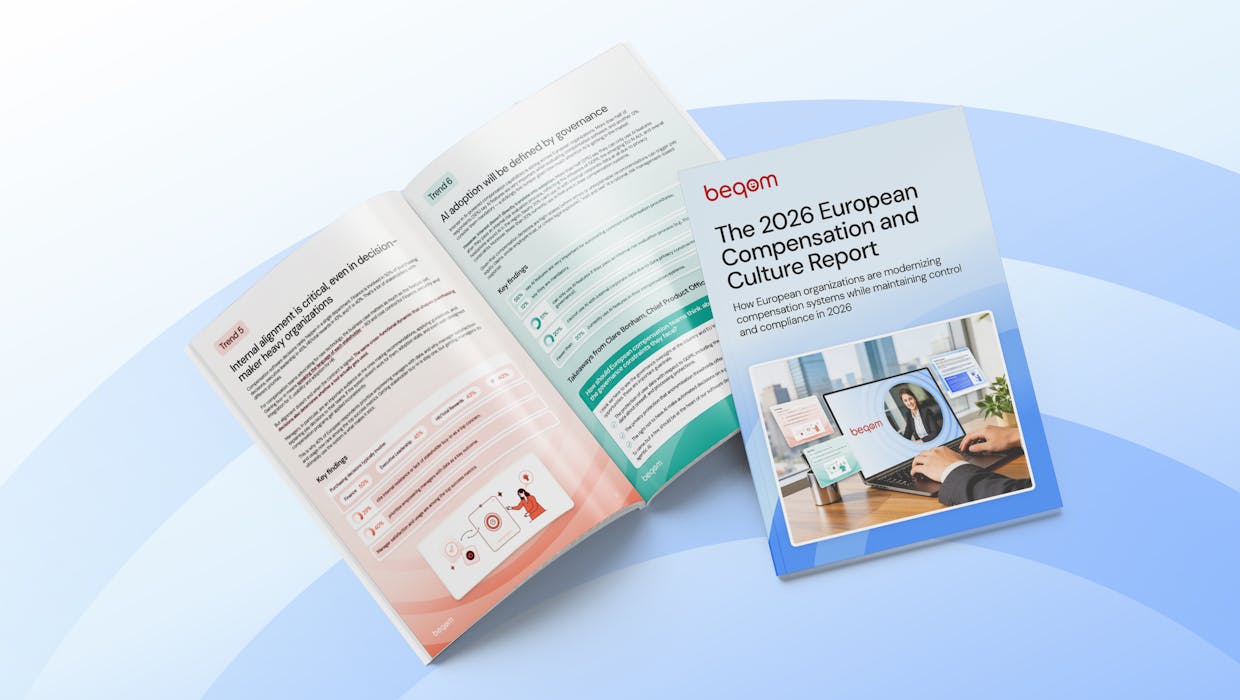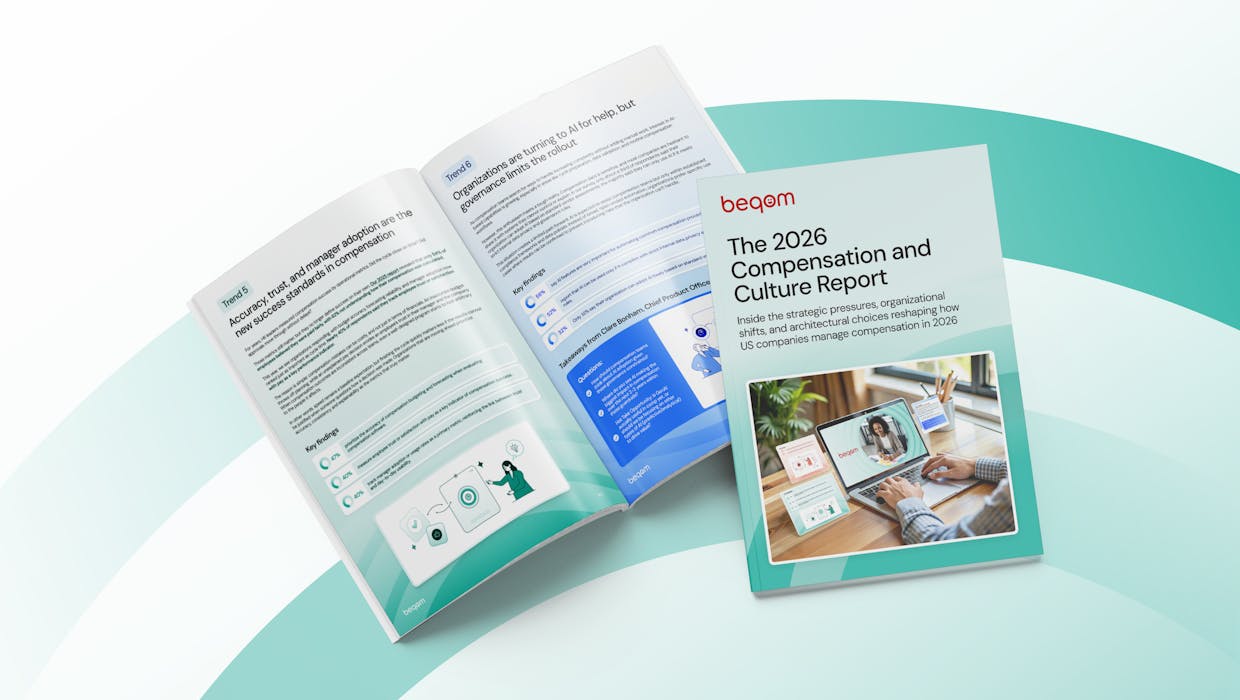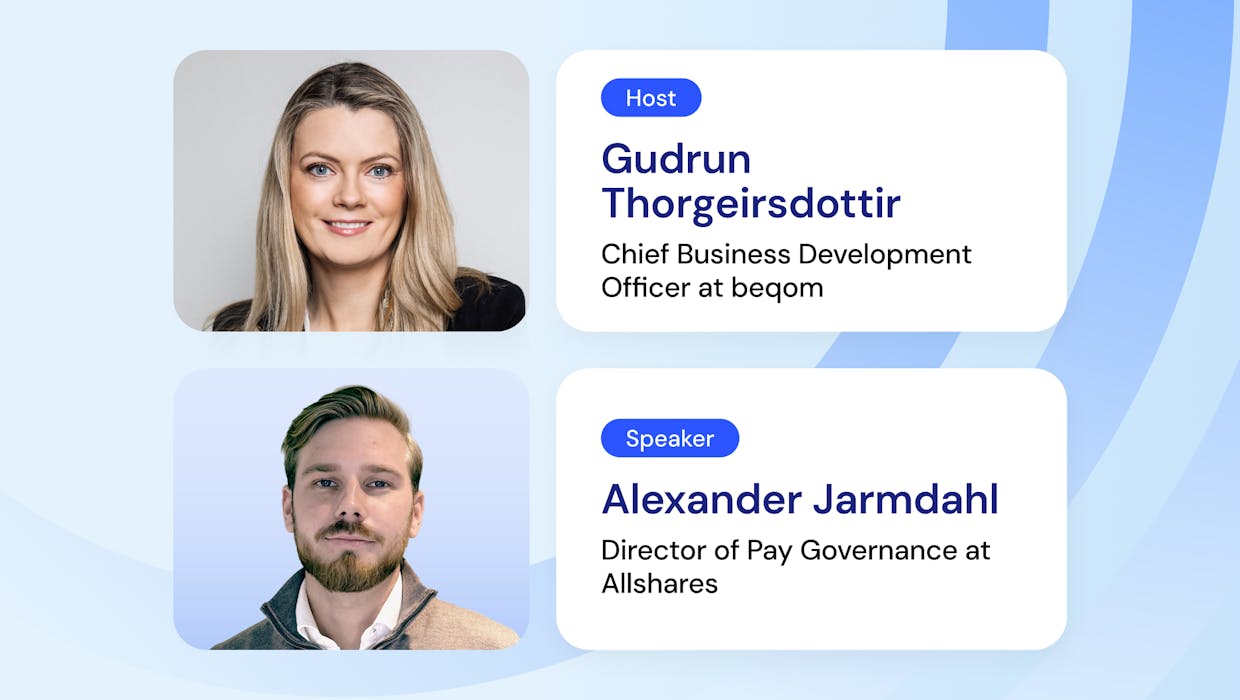3 Ways Technology Can Enable Personalized Rewards

Learn more about the following beqom products
Rewarding employees is about more than allocating a budget. Determining the right strategy to best motivate employees while using your compensation spend effectively is critical. That has always been true, but now there is another layer.
The changing needs of the modern workforce underline the fact that there is no one-size-fits-all reward strategy. Only once you start to understand these changing needs, including your employees’ goals and interests, can you begin to tailor a total rewards package for each individual that will bring out their best.
Delivering personalized rewards simply is not possible without the right technology. How can dedicated compensation management software help?
Deliver effective one-to-one compensation
In a competitive and ever-changing job market, employers need every advantage to attract the talent they need. The right rewards package can be an important enticement for new hires, as well as a way to earn the loyalty of existing employees. But employee needs are changing. Blame it on the pandemic, or on existing trends related to changing demographics and evolving workforce expectations, but today's workers want rewards that support their life needs. Those needs differ from employee to employee based on many factors, such as role, gender, age group, locale, family status, and so on. Enter one-to-one compensation.
Compensation software allows HR and managers to get an all-in-one view of an employee’s total rewards, and propose an effective compensation plan for that individual. By analyzing the current rewards package for an employee in the context of his or her total rewards history, relevant industry benchmarks, and employee characteristics, HR and managers can make informed decisions about how best to motivate that individual.
This can be especially useful in industries like Financial Services that seek to drive results from their people and retain top talent. beqom’s Individual Compensation Planner can help them to tailor compensation plans to keep and motivate top performers.
Empowering managers to plan an optimum compensation strategy for each member of their team offers another advantage: a steep drop in support needed from HR managers, freeing up their time to be spent on strategic goals.
Use data to make strategic reward decisions
When, where, and how to adjust compensation is a strategic decision. Should you adjust all job roles equally to align with cost of living increases? How should you adjust these values to reward top-performing employees? Will you need special adjustments to improve retention rates of specialized job roles? How will you align variable pay incentives to strategic goals?
Without dedicated technology, aligning goals to compensation is incredibly challenging. The use of compensation management technology can shape the employee experience while advancing the organization's mission. With access to employee data and analytics, managers can make informed decisions about how best to motivate their teams to accomplish their objectives. Although it also helps companies retain and motivate their top performers, this level of control simply does not exist in most HRIS solutions.
Increase the efficiency of rewards management
Yearly pay planning with a manual process is time-intensive, and often it leaves HR and managers shooting in the dark in terms of what rewards package will be most effective. It involves heavy use of spreadsheets, emailing files for review, and constantly chasing fair market value. It lacks controls and transparency, making legal compliance difficult. Almost as soon as it’s created, the information becomes out of date.
Just as technology has increased the efficiency of processes in many other business functions, the use of compensation management technology can free HR from many of the manual tasks it performs today. Compensation personnel, freed from non-value-added tasks can then spend time on strategic compensation management for improved cultural and goal alignment.
